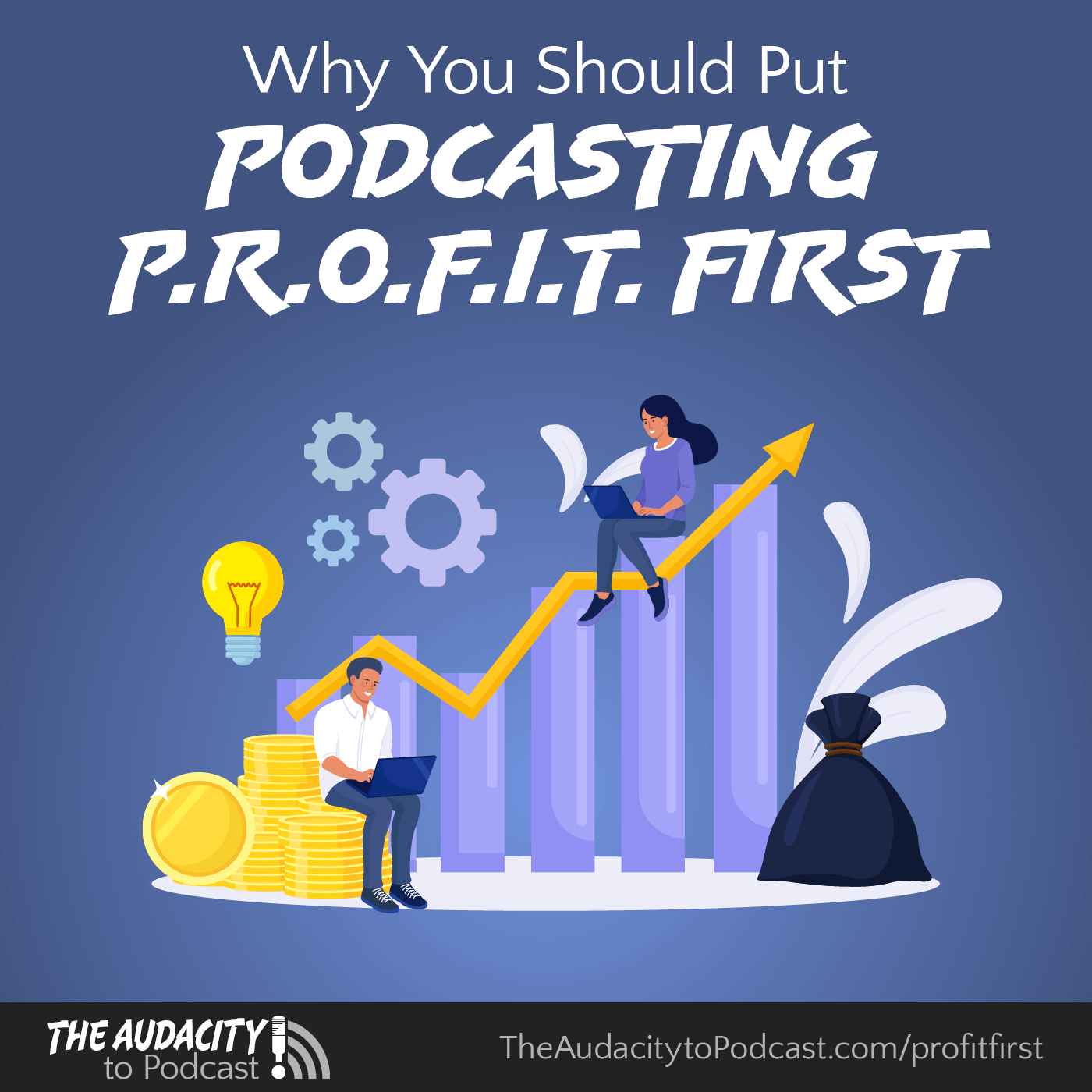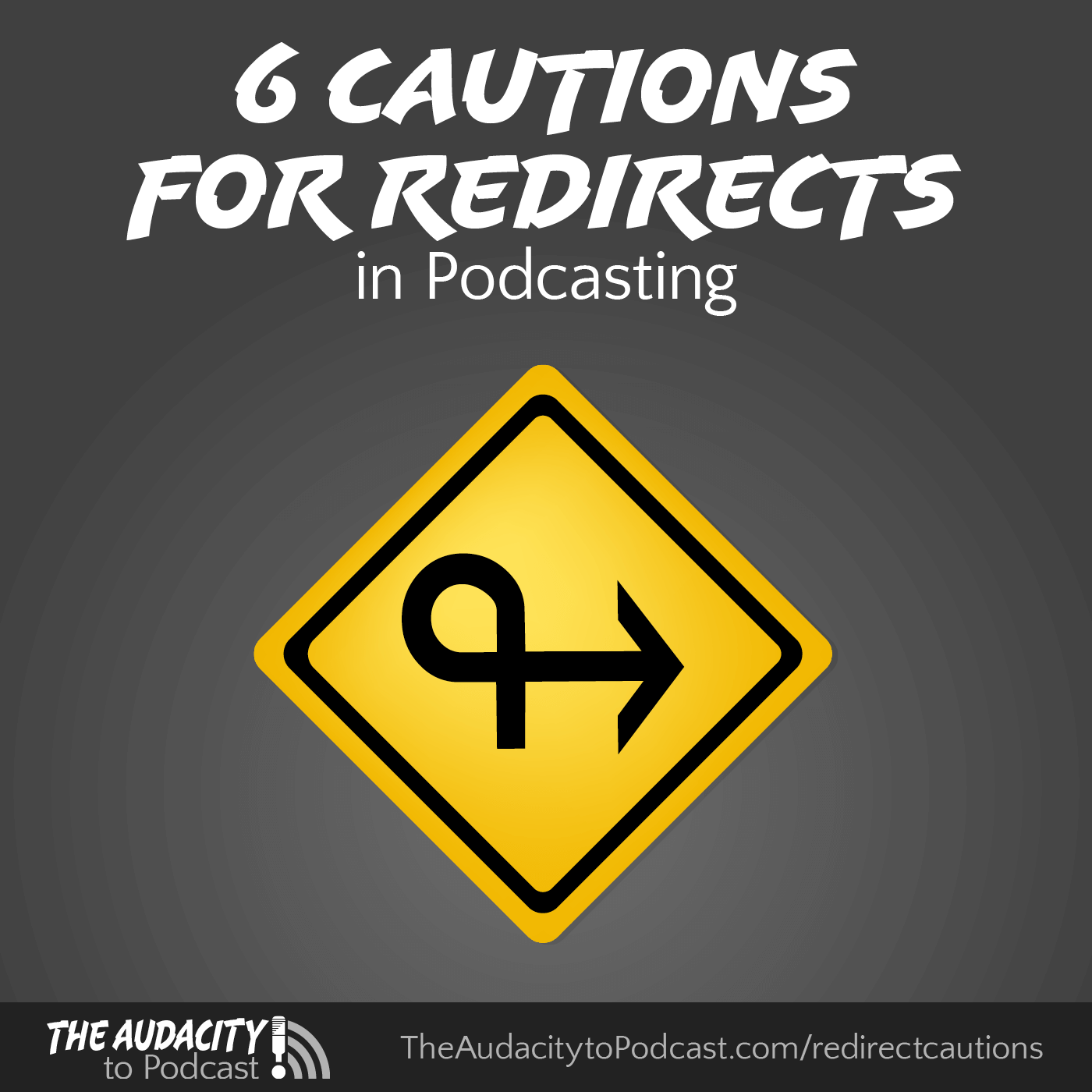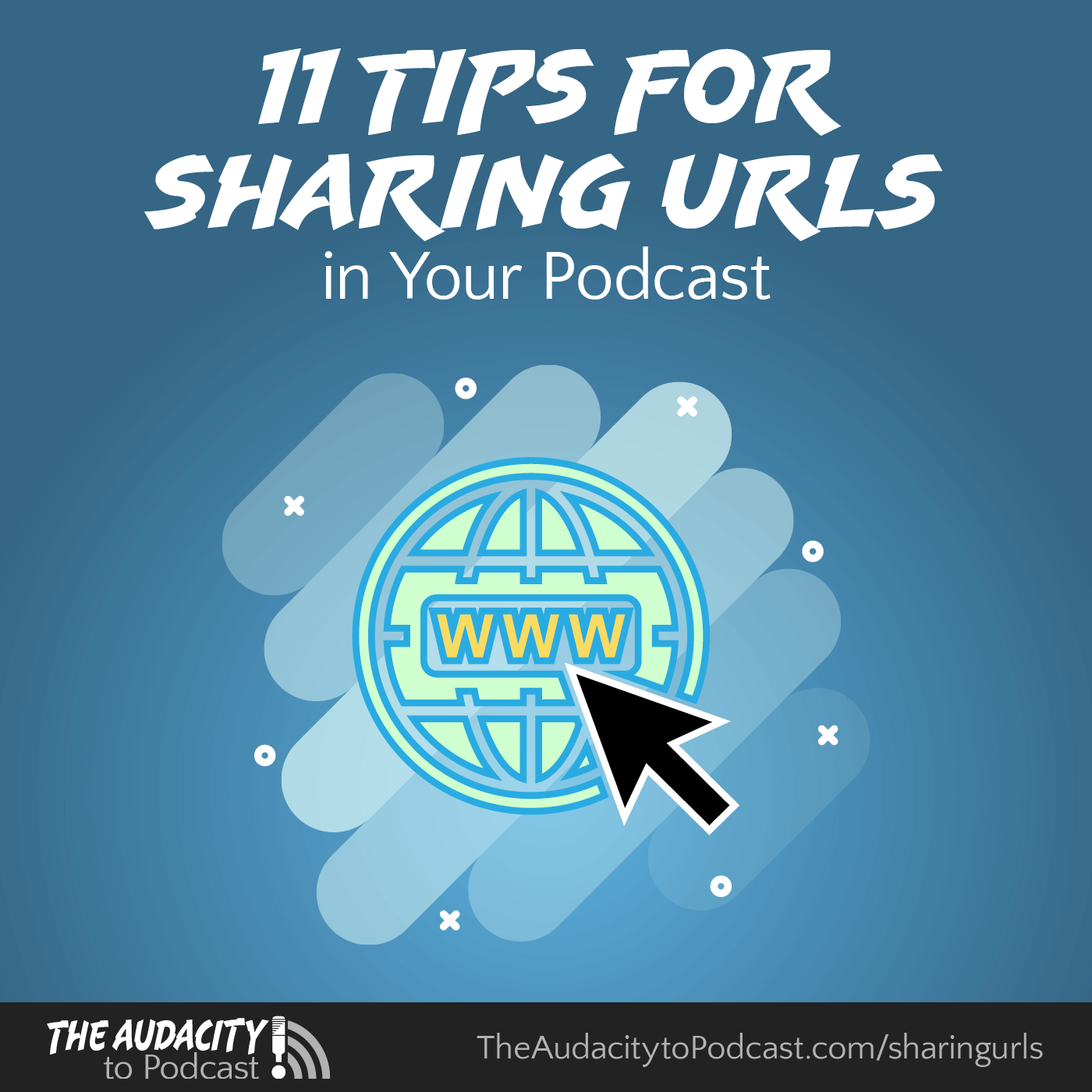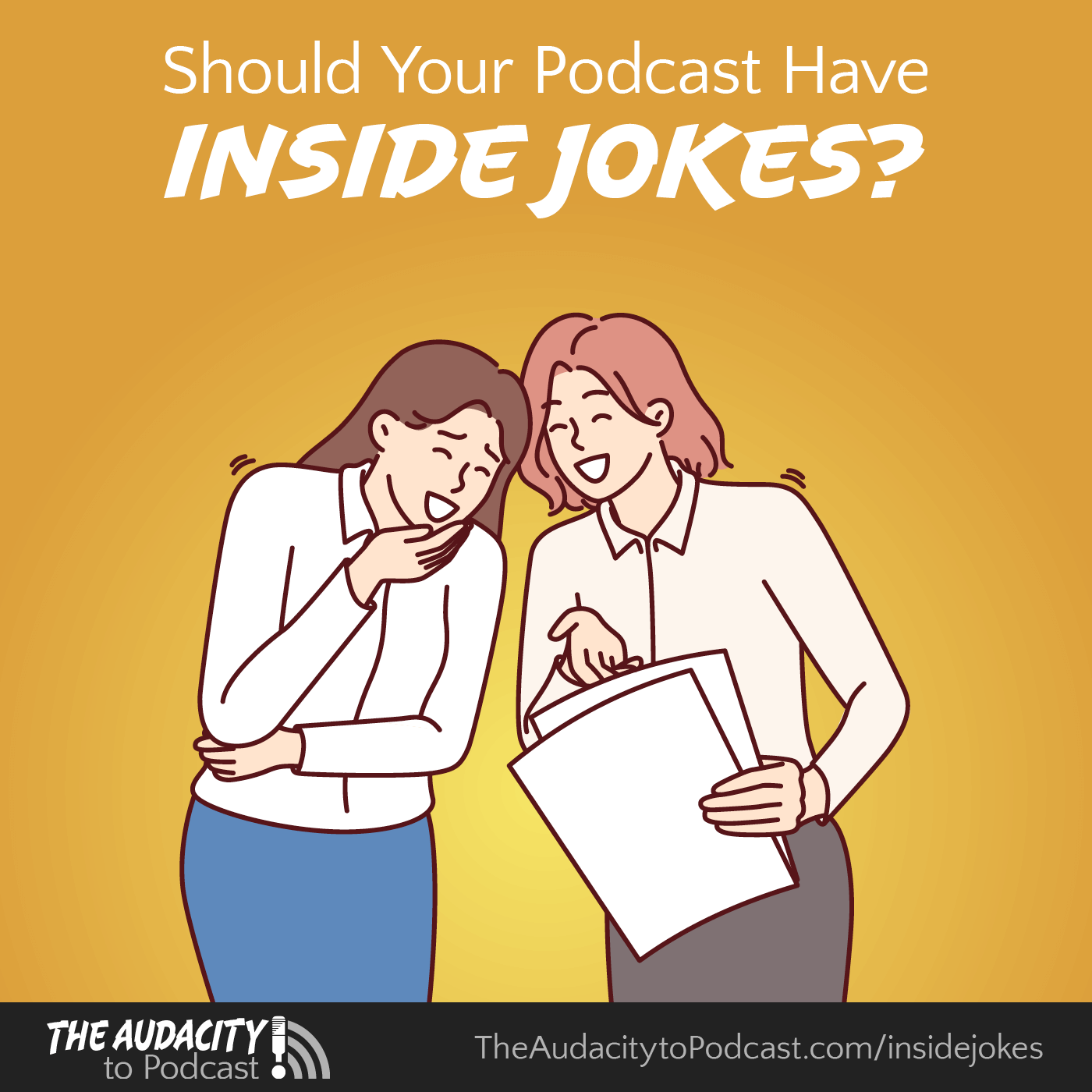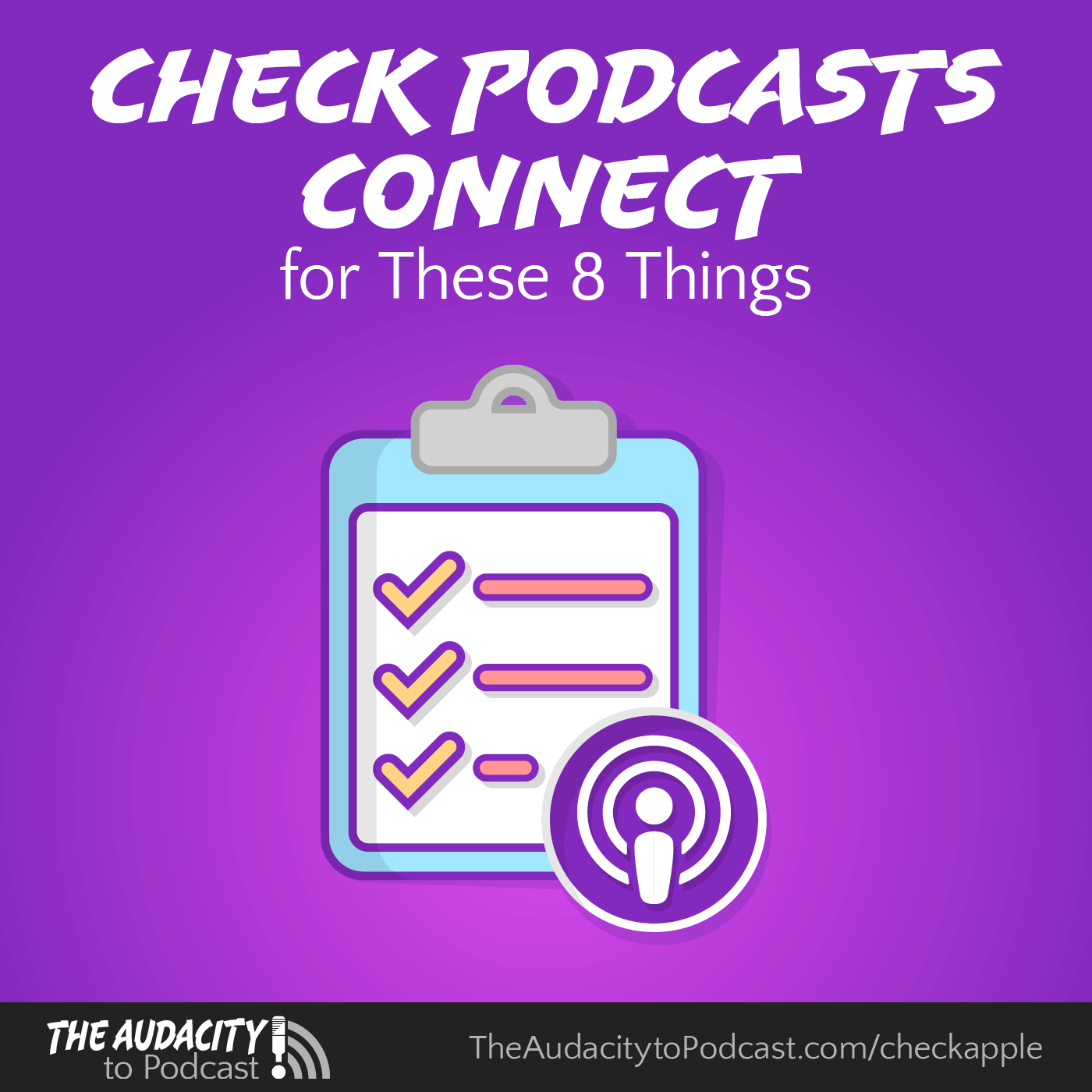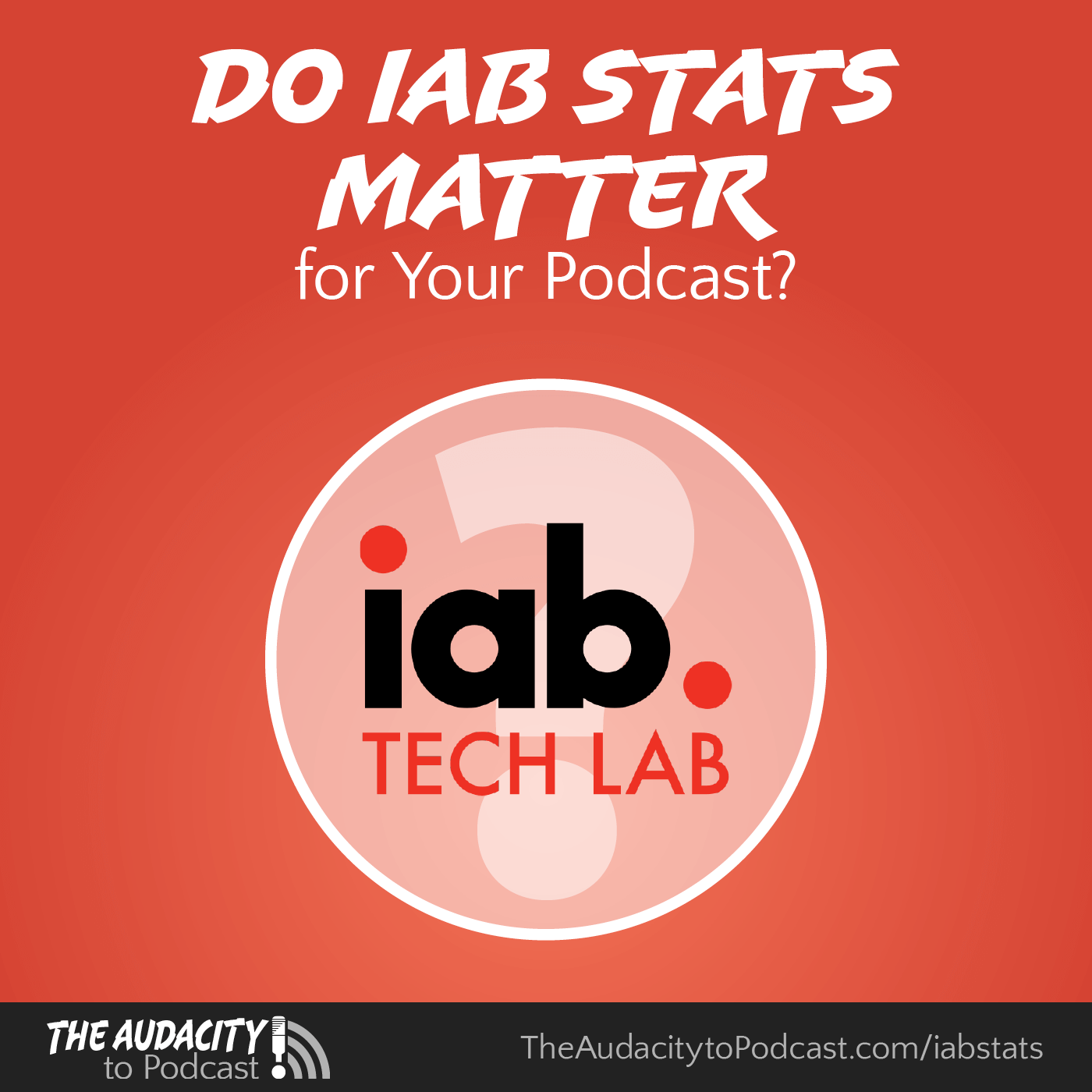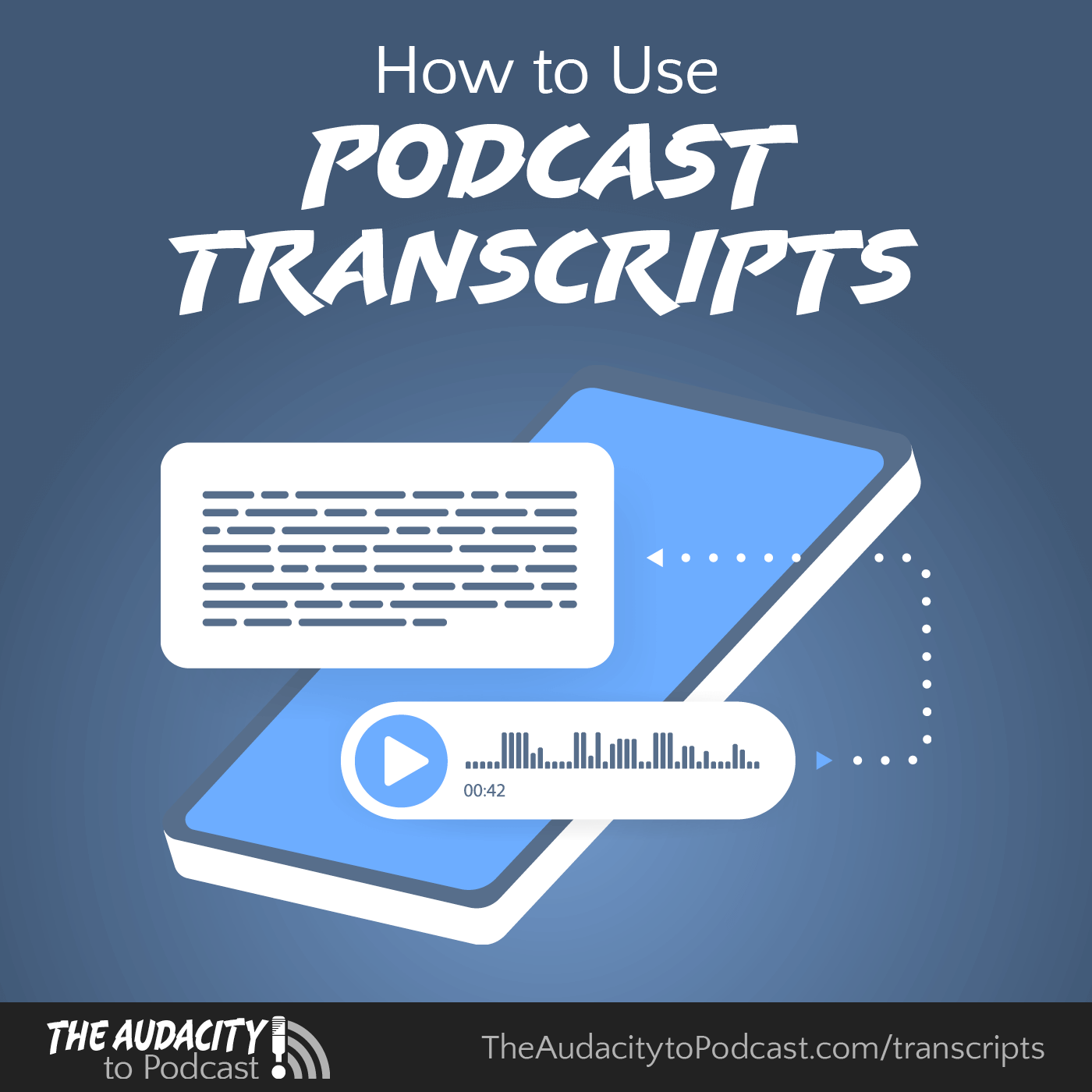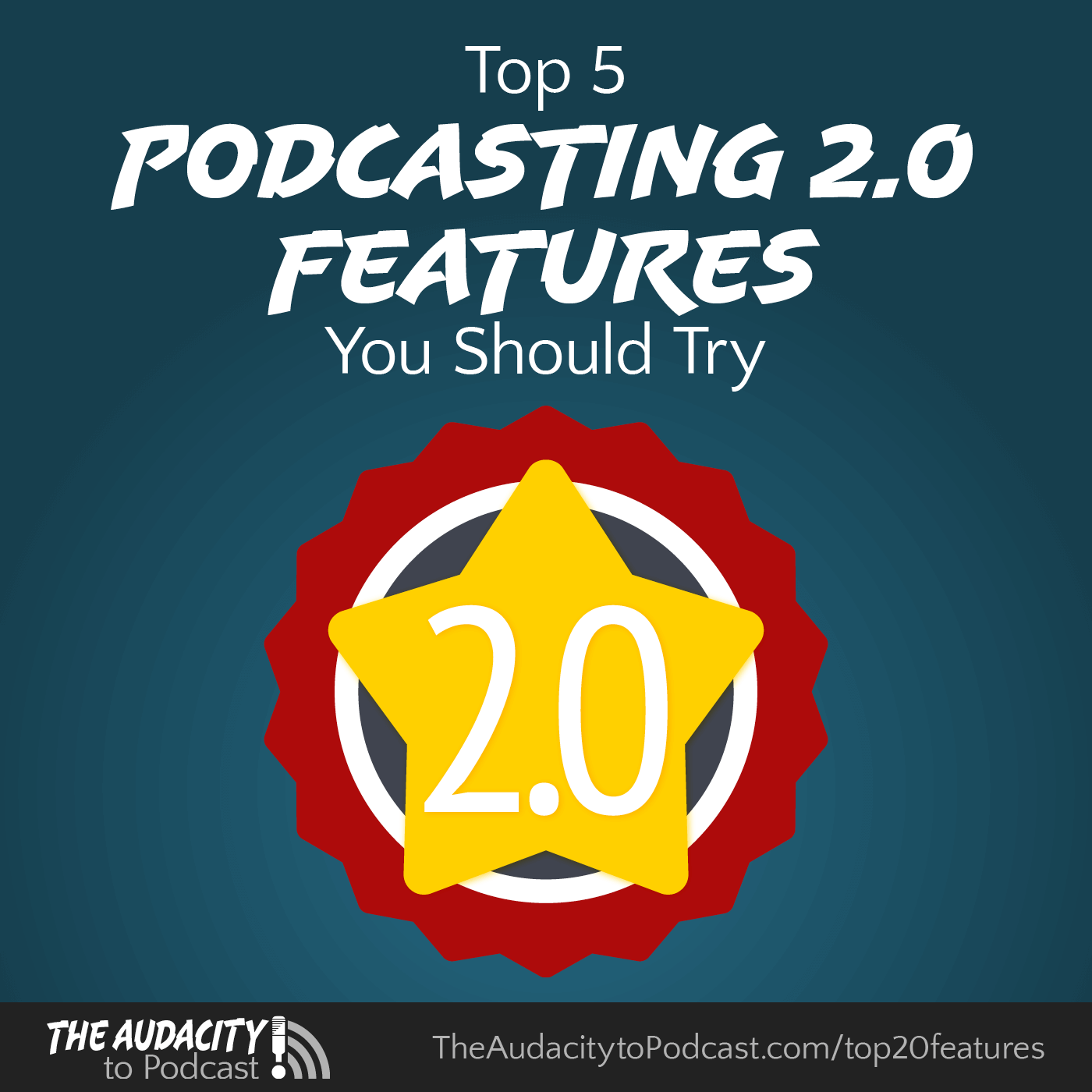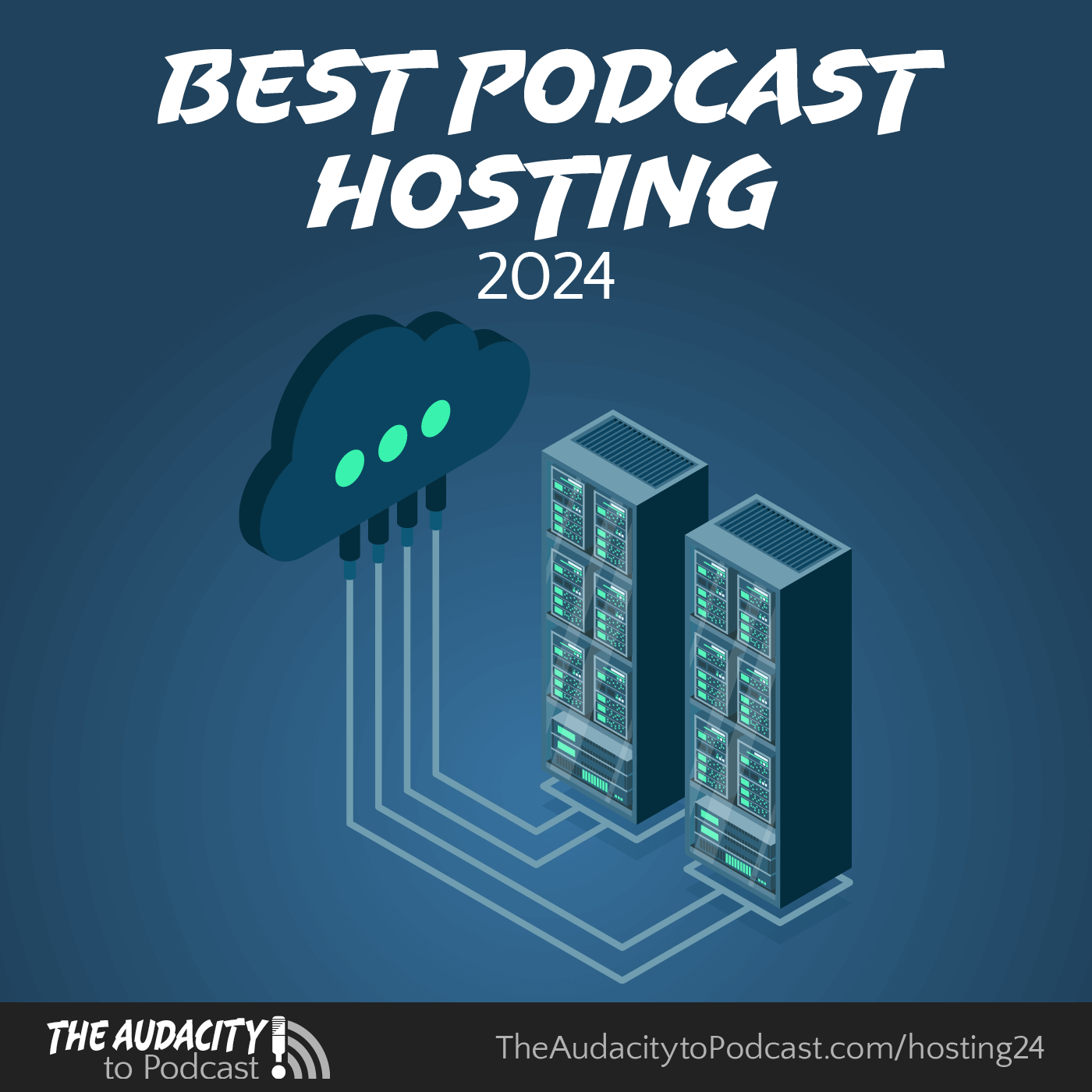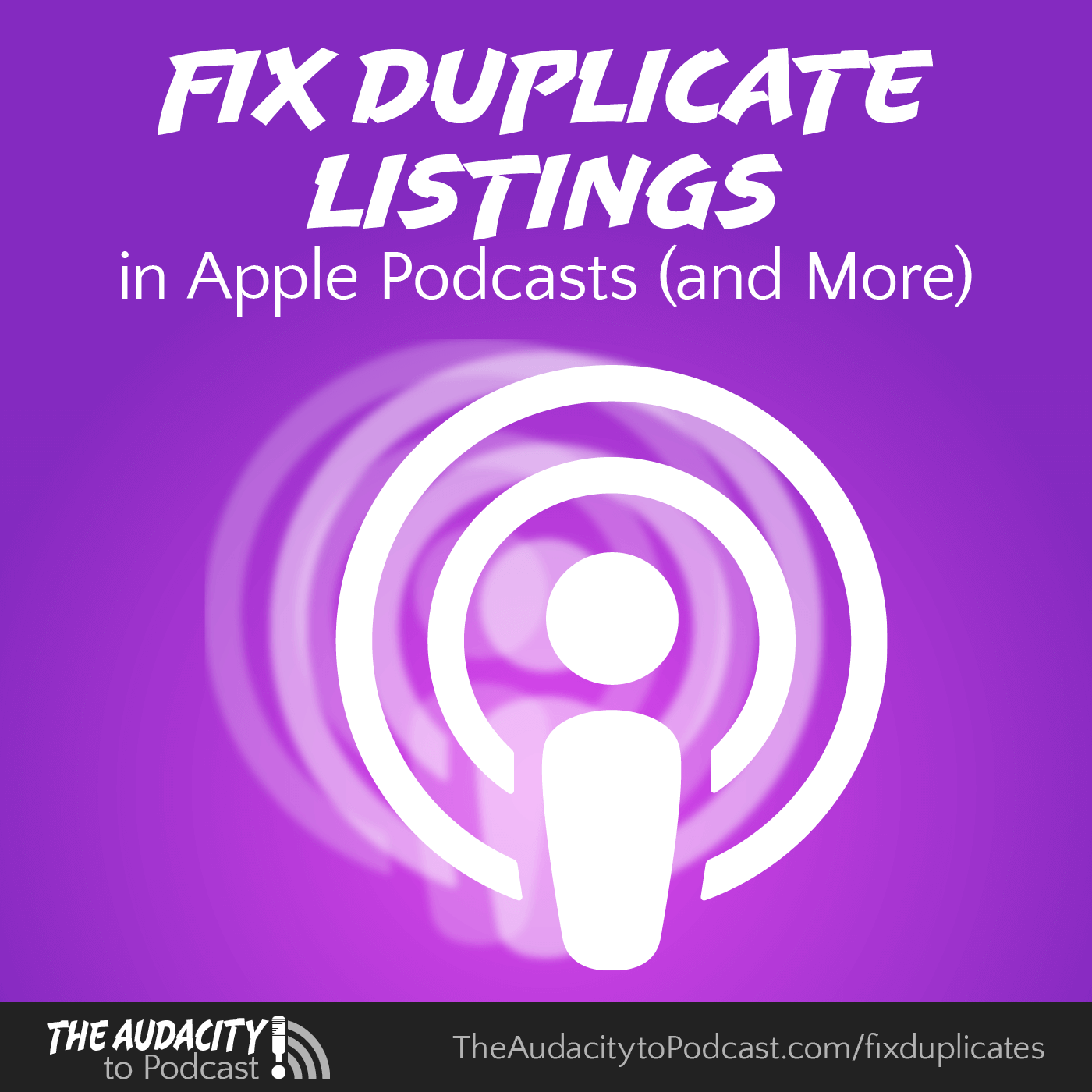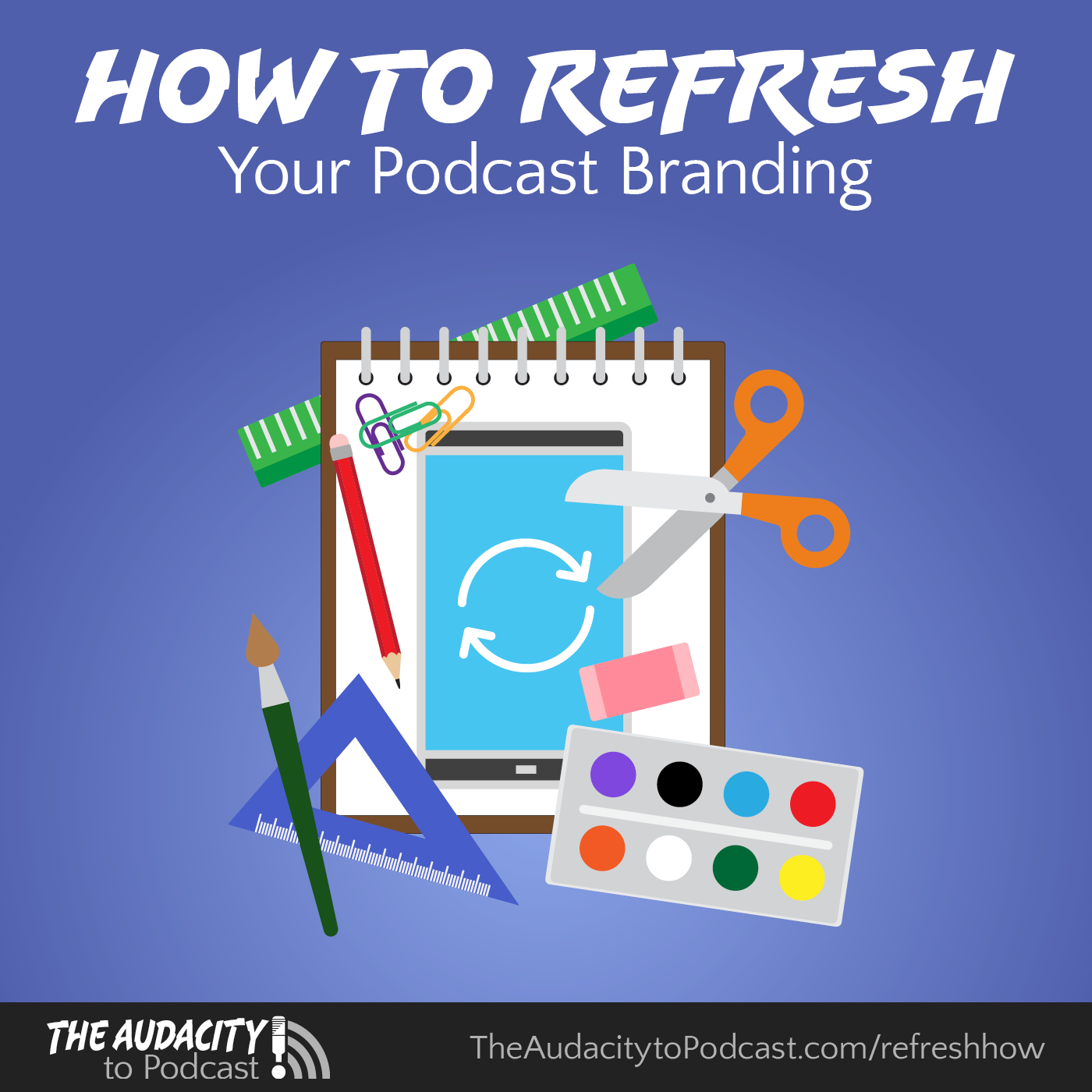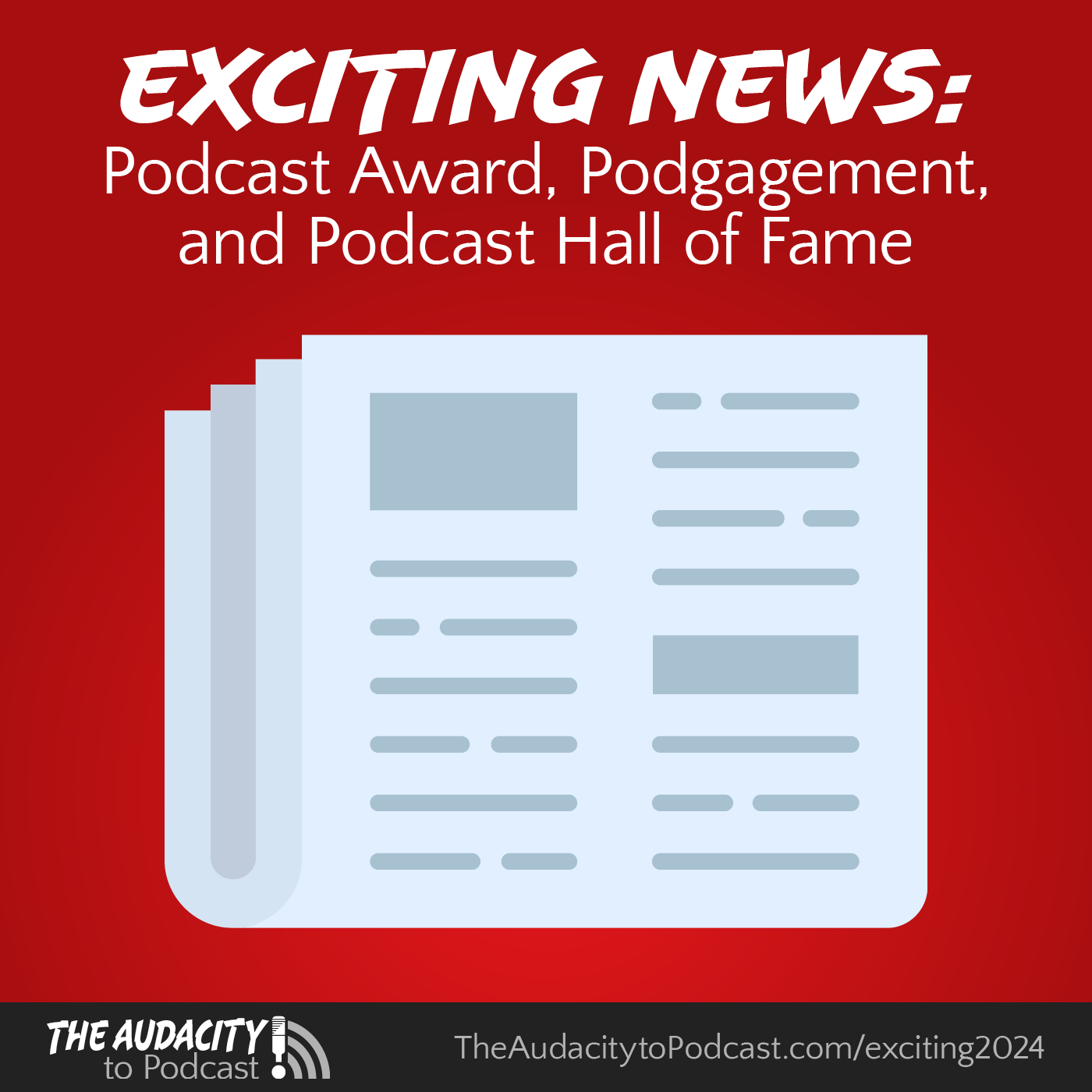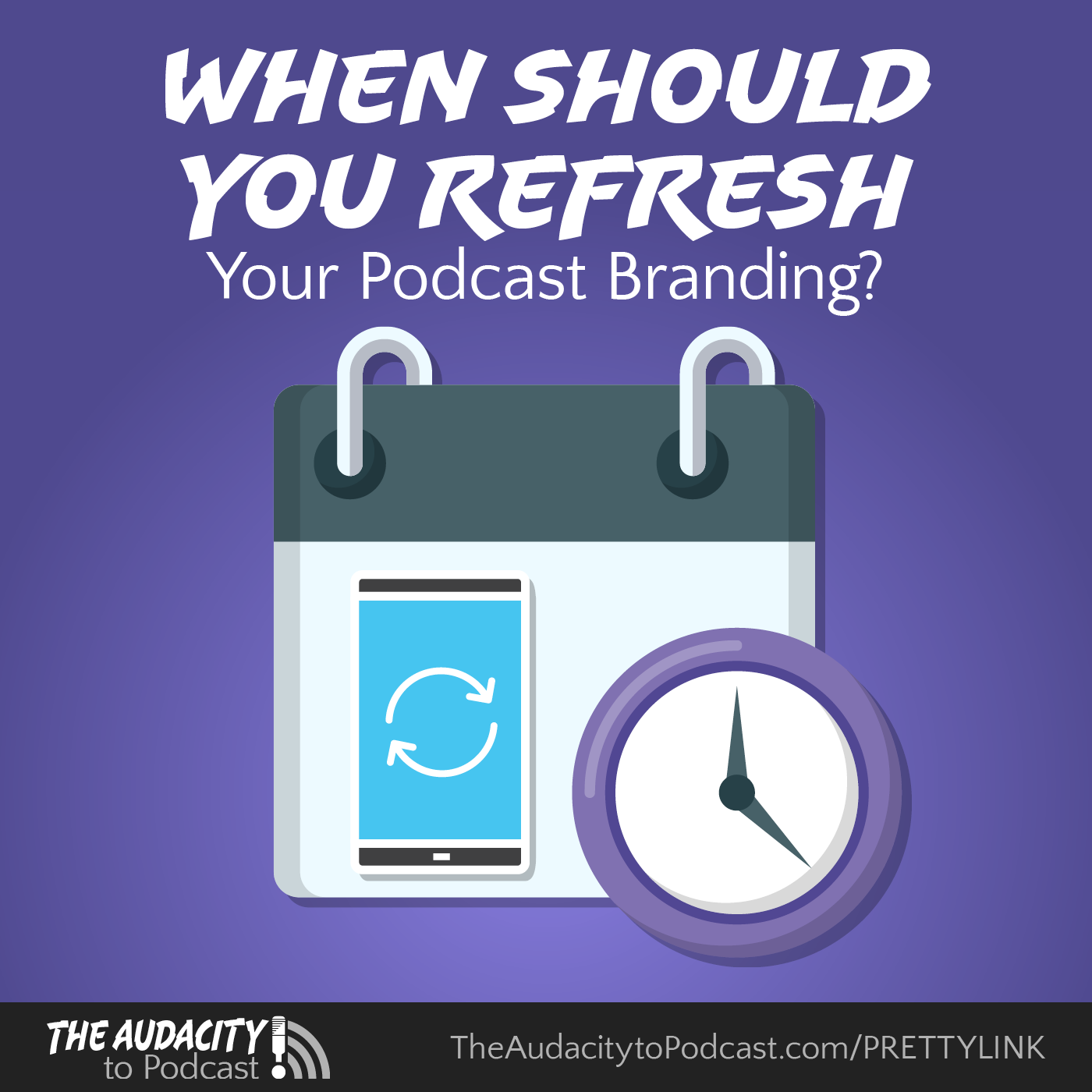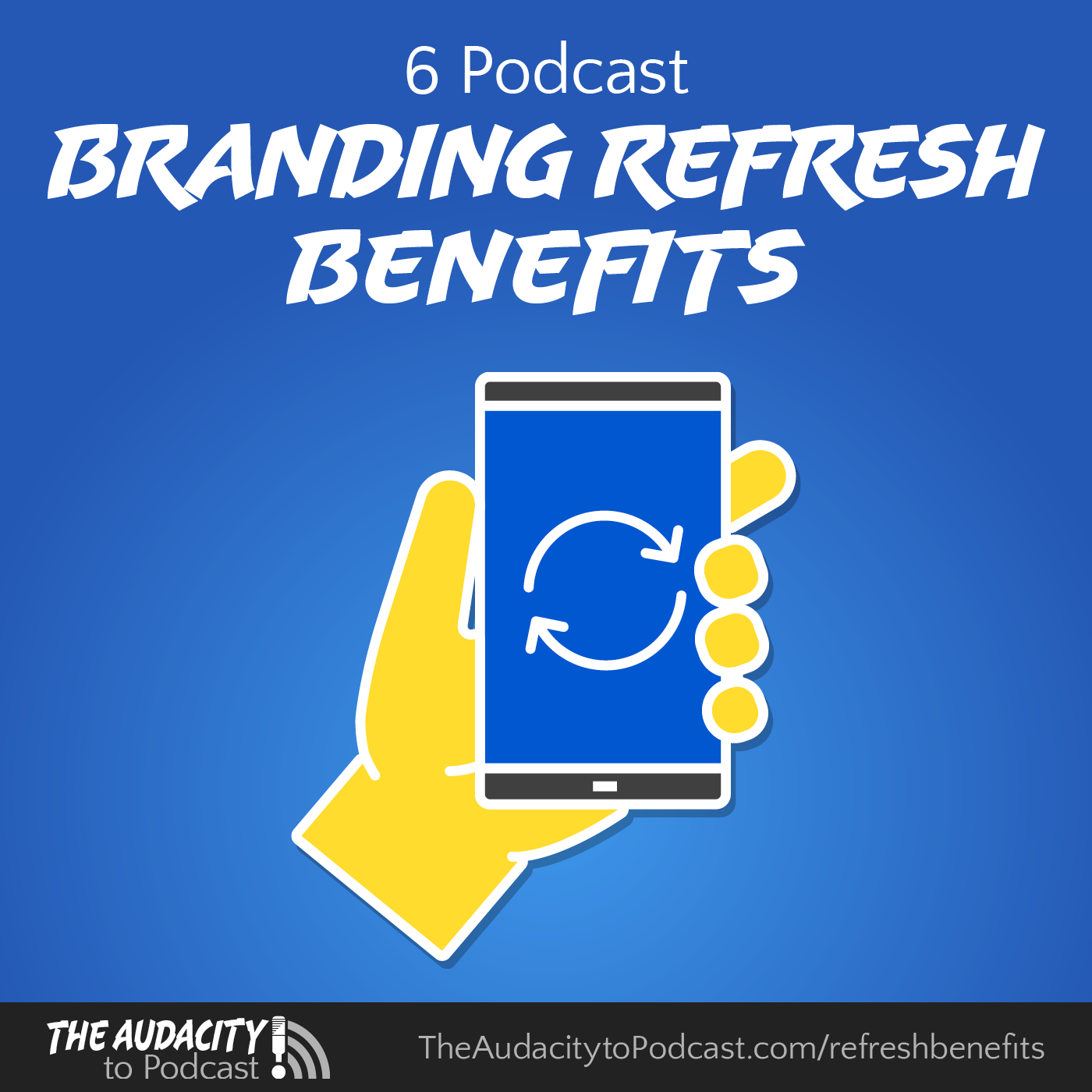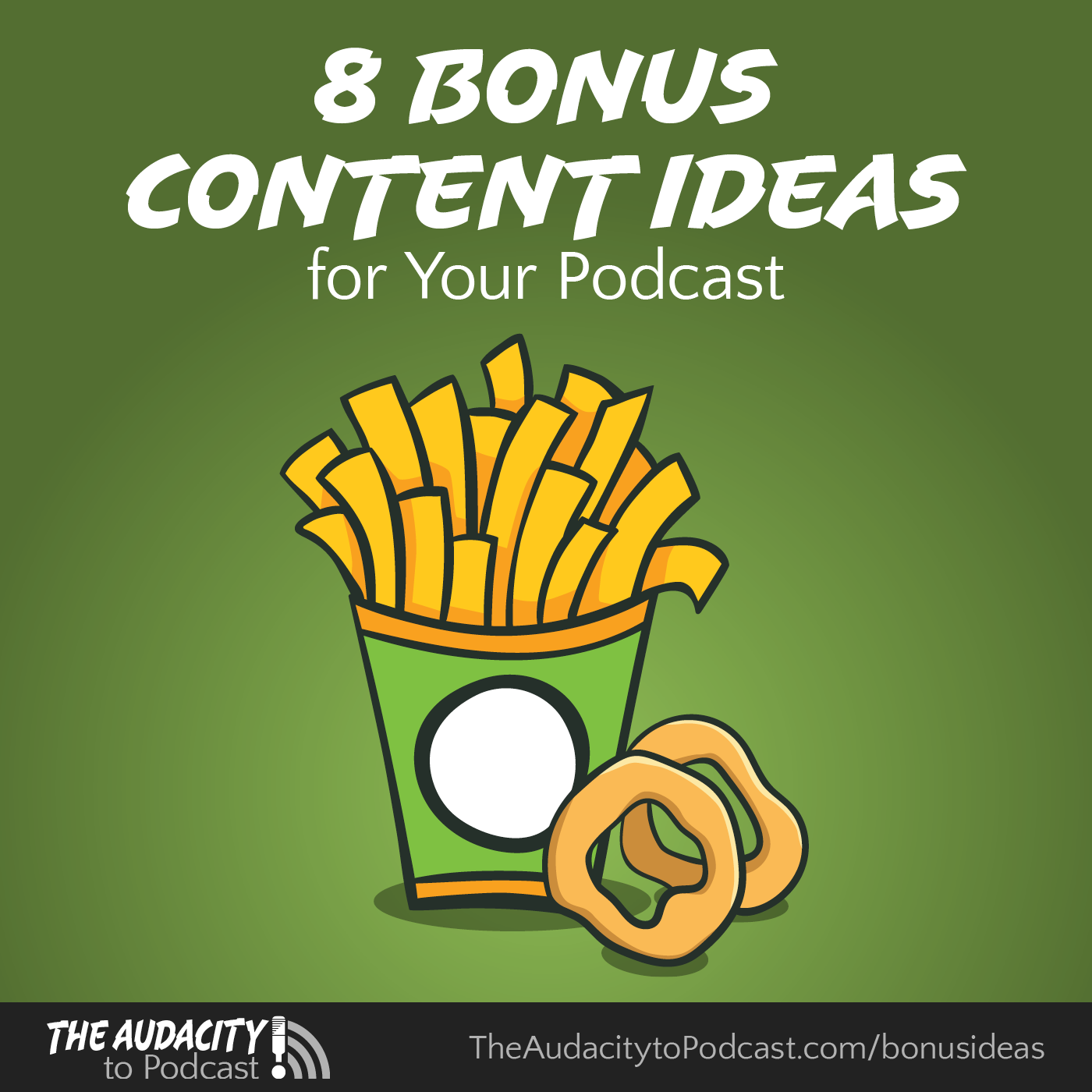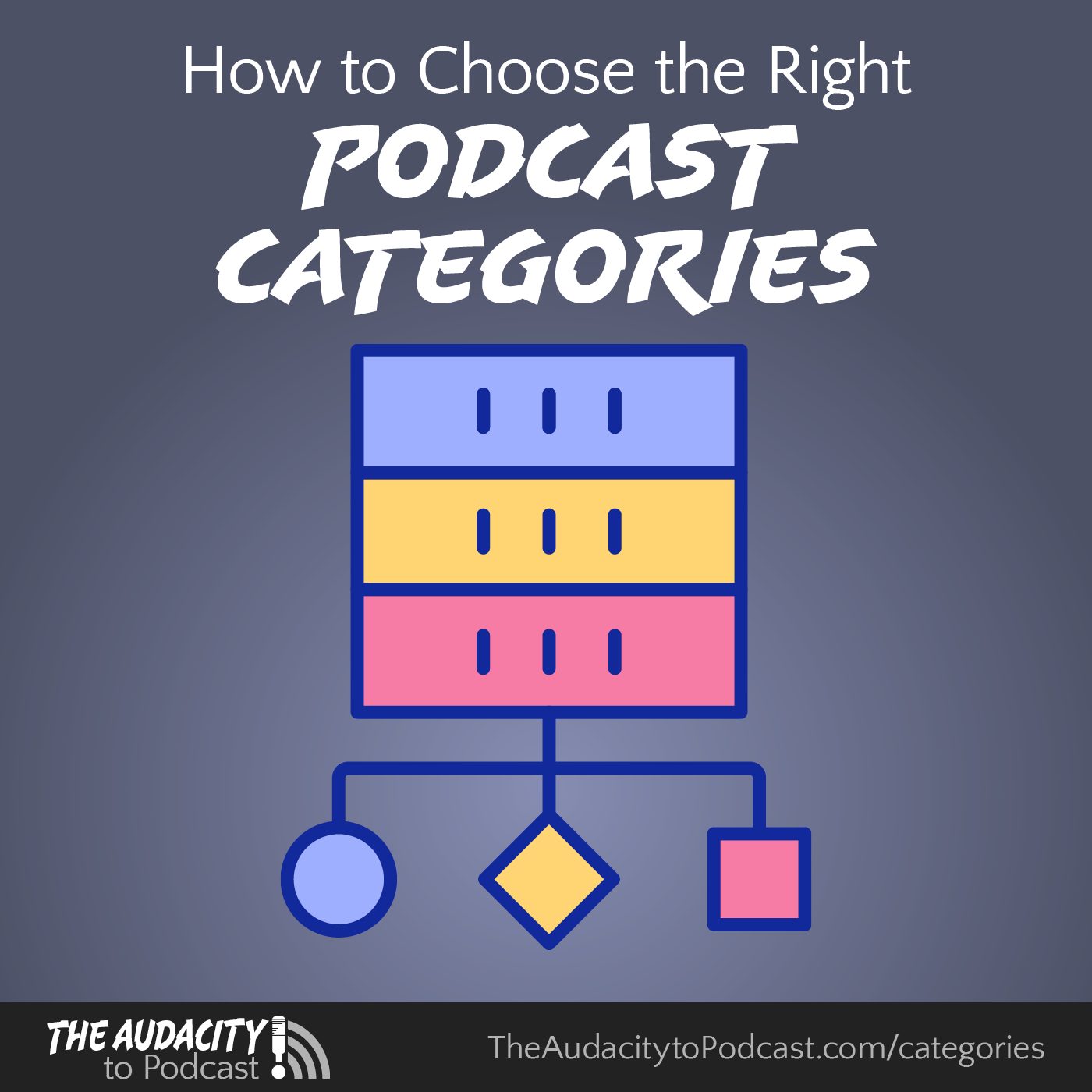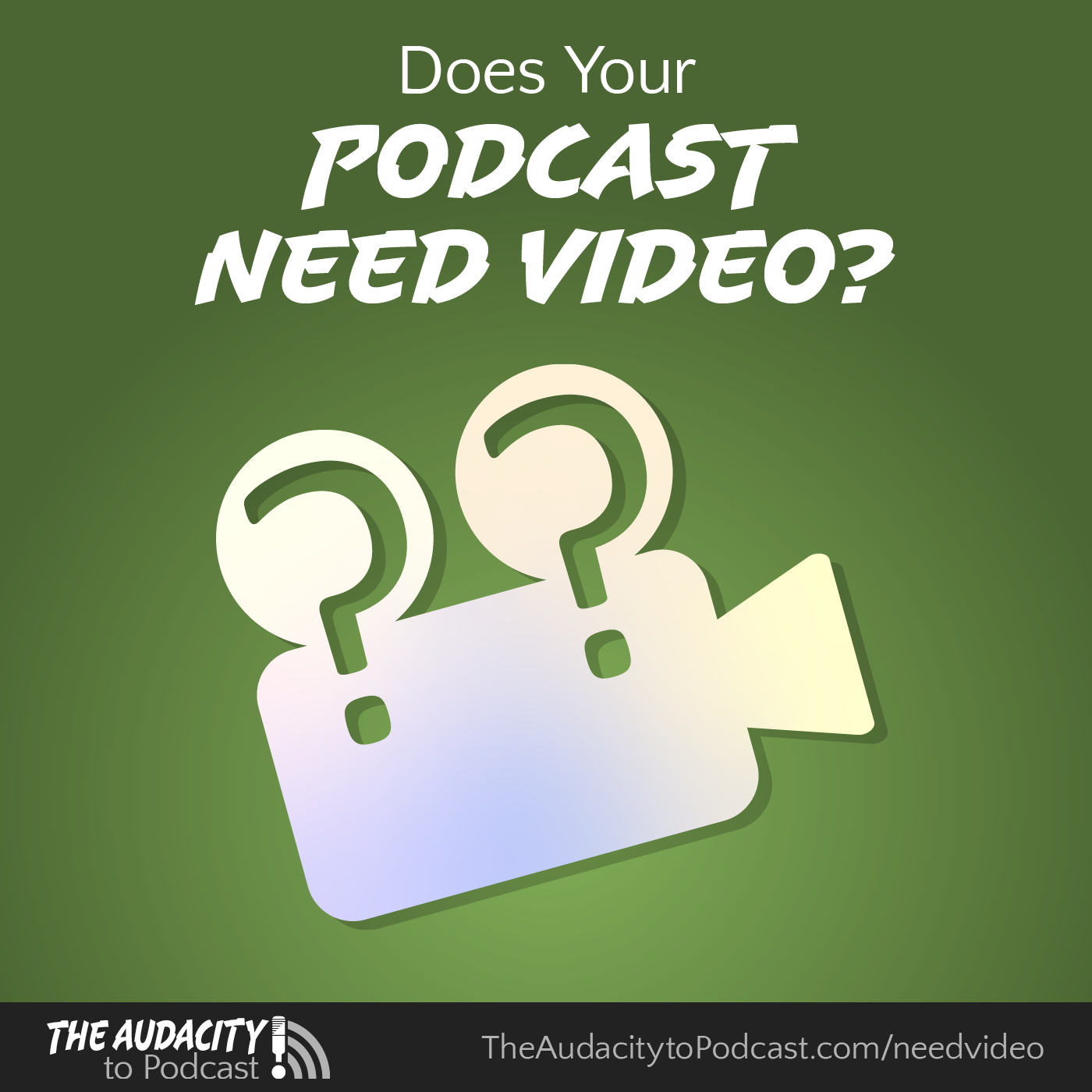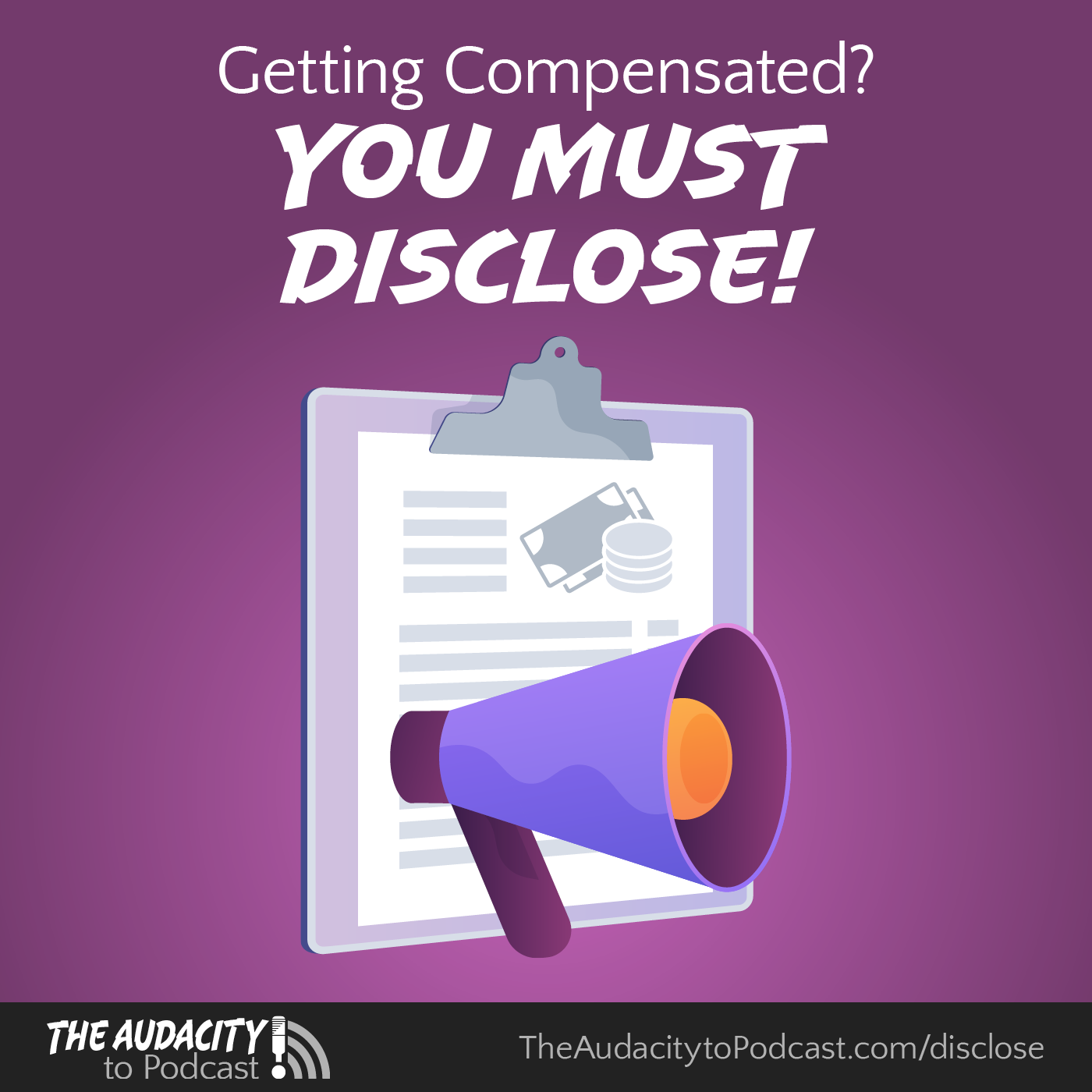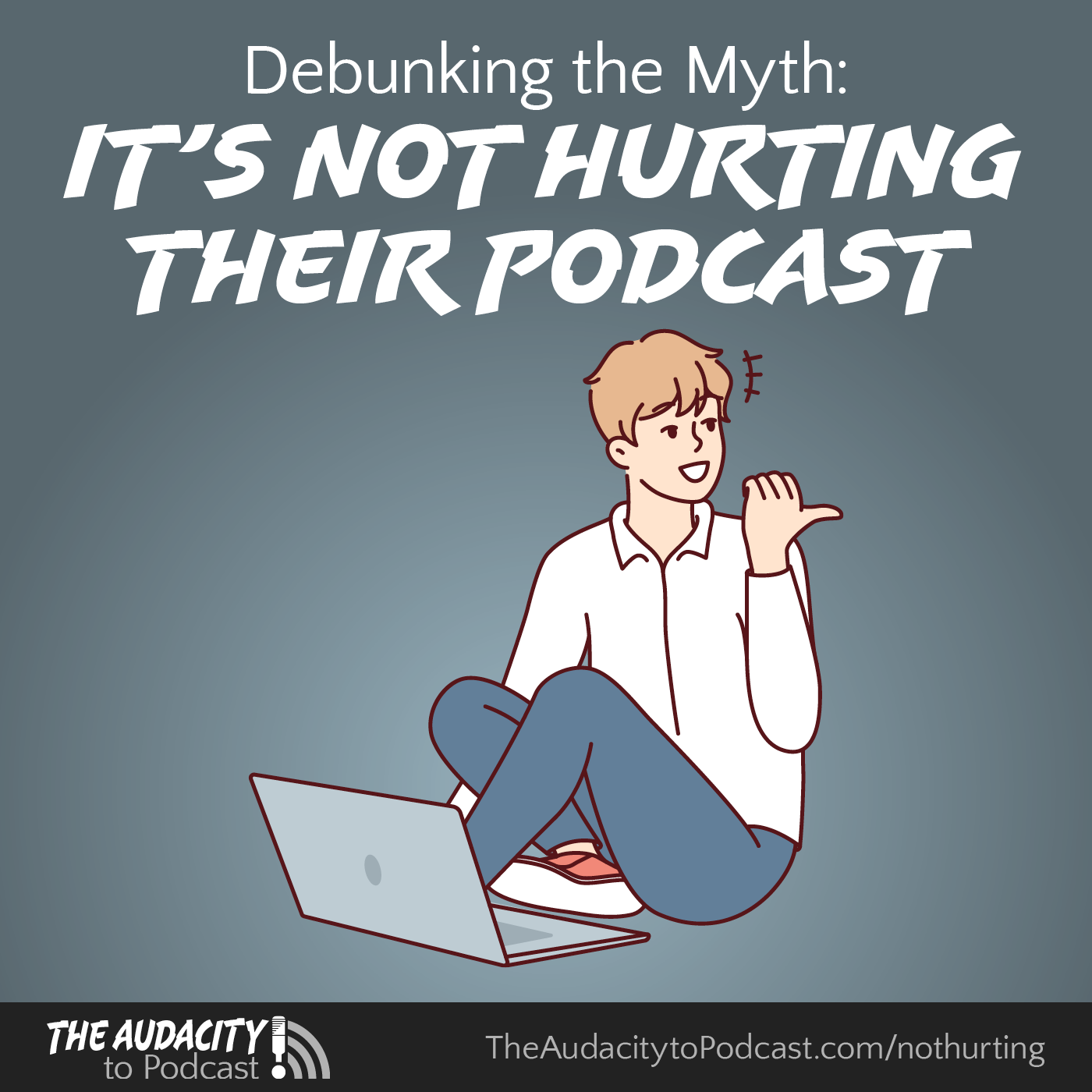Why You Should Put Podcasting P.R.O.F.I.T. First
Description
Monetization is not the only profit you can get from podcasting! And you shouldn't be the only one to profit, either! Nonetheless, here is why I think you should put P.R.O.F.I.T. first in every aspect of your podcast.
The order of podcasting cornerstones
Before we focus on podcasting P.R.O.F.I.T., I want to revisit how I've taught the 5 podcasting cornerstones for several years:
- Content—What your podcast is about
- Presentation—How you share your content
- Production—The technical side to reduce distractions and increase understanding
- Promotion—How you market and grow your podcast
- P.R.O.F.I.T.—How you and your audience benefit from your podcast.
Despite the fact that these cornerstones have always had an alliteration problem with no suitable solution, I realized it had an even bigger problem while I was preparing to teach podcasting at the National Religious Broadcasters convention. The problem was the order: P.R.O.F.I.T. should not be last! It should actually be first!
But stick with me and don't click away because you think this doesn't apply to you! Before I can explain why P.R.O.F.I.T. should be first, I want you to understand what it is, and why I keep writing it like an over-obvious acronym (it's actually an acrostic).
The Podcast P.R.O.F.I.T. Paradigm™
Several years ago, I was inspired by a typo I let go to press in an advertisement for my now temporarily retired Podcaster's Society™. As a result of that typo, I wanted profit to stand for something! Not only in the metaphorical sense, but also literally as an acrostic.
Now, it's my Podcast P.R.O.F.I.T. Paradigm, which is a list of whys you can benefit from your podcast:
- Popularity—growing a following, being an influencer, becoming known
- Relationships—gaining friendships, building community, and finding your “tribe”
- Opportunities—opening doors for things like public speaking, travel, testing products before they're released, and such
- Fun—simply having a good time, with or without laughter
- Income—yes, earning money!
- Tangibles—getting things you get to use or keep, which is especially profitable when they're relevant to your podcast topic!
While most people think “profit” means “money,” I challenge you to change your thinking and look at the much bigger ways you can profit from your podcast—especially if you don't even want to monetize your podcast.
The other paradigm shift is that your podcast should not only give you P.R.O.F.I.T., but also offer it to your audience! I'll explain that more in a moment.
P.R.O.F.I.T. is for all podcasters, not only professionals
Lest you think P.R.O.F.I.T. is only for people who podcast for business purposes or to try earning a living, money is only one part of the Podcast P.R.O.F.I.T. Paradigm: the I for income. The other ways could complement income, but there's nothing wrong with podcasting simply for the fun of it!
When I hosted a clean-comedy podcast, the P.R.O.F.I.T. we were after was primarily to laugh and help others laugh, too! Along the way, we also formed relationships, were given fun tangibles from our audience, and we even made a little money on the side.
And if you are podcasting to build a business, don't neglect the other aspects of P.R.O.F.I.T.! It's okay to have fun with professional subjects! And always look for ways to position yourself for opportunities and more!
Your podcast P.R.O.F.I.T. should power your decisions
Why should P.R.O.F.I.T. come first? Because it's actually more important than your content. Consider the cornerstones in this way:
- Content is what attracts an audience
- Presentation is what keeps the audience
- Production is what makes your podcast stick
- Promotion is what brings an audience to you
- P.R.O.F.I.T. is the impact your podcast makes
Start with Why: How Great Leaders Inspire Everyone to Take Action. And “why” is another way to think of P.R.O.F.I.T. with these two questions:
- Why are you doing this podcast?
- Why should anyone listen or watch?
When you start with P.R.O.F.I.T. in mind, then you can pick the right content to share. And the other cornerstones build from there. After you know your “why” and your content, then you can decide on the best way to present it. Then, the best way to produce that. Then you'll have things and methods to promote it.
But when you don't start with P.R.O.F.I.T., you won't know what content to share, and you won't know the best way to communicate it, and you certainly won't know how to produce it, and—frankly—you wouldn't offer much value worth promoting.
Here's a series of questions that follows the Podcast P.R.O.F.I.T. Paradigm to help you podcast the best way:
- Why do you want to podcast? What value will your podcast give your audience?
- What content best enables your P.R.O.F.I.T. goals?
- What's the best way to present that content that moves you toward to your P.R.O.F.I.T. goals?
- What's the best way to produce this that leads you and your audience in the right direction?
- Whom should you promote your podcast to and what are the best ways to reach them?
Remember P.R.O.F.I.T. for your audience
I've heard some people say, “Podcast for yourself. If you're having fun, that's all that matters.” And I've also heard other people say, “You're podcasting for your audience, so focus on their needs first.”
While these might seem contrary, they're actually complementary and simply different sides of the same P.R.O.F.I.T. coin: both you and your audience need to get value from your podcast in order for your podcast, yourself, and your audience to improve and grow.
But the problem I see most often is that podcasters forget to focus on what value they offer their audience. Instead, they often fixate on the value they want from their audience, or on how they can essentially sell their audience to get value from someone else (like an advertiser).
As Jesus said, “Give and it will be given to you” (Luke 6:38 ).
Some podcasters also obsess over the production aspects of podcasting, without investing the same time and money into improving the more weight-bearing cornerstones.
It's fine if your podcast makes you popular, but how are you helping your audience to be popular, too?
It's great when you foster or form new relationships because of your podcast, but how are you helping your audience foster or form new relationships, too?
It's great when your podcast opens opportunities for you, but what opportunities do you help your audience find and pursue?
“It's fun to have fun,” as The Cat in the Hat said, but is your audience having fun, too?
Earning income is definitely rewarding! But how are you helping your audience earn more, spend less, save more, or be smarter with what they have?
And it can be exciting to get new tangibles, but what tangible benefits are you helping your audience gain, too?
Podcasting P.R.O.F.I.T. in one word: why?
“Start with Why” indeed!
Why are you podcasting?
Why should your audience keep consuming your episodes?
It's all in what P.R.O.F.I.T. (popularity, relationships, opportunities, fun, income, or tangibles) you pursue and offer!
Community corner:
I just made things easier for me and you with Podgagement! Now, we can easily copy all the text of a review with only two clicks! And you can copy it in plain text, markdown, HTML, or an iframe embed!
- 5-star review “Why and How Your Podcast Needs Loudness Normalization” by Marshy76 from November 23, 2022 on Apple Podcasts in the United States: “An excellent guide on the importance of Lufs with important links to related software in aiding one to create a well tuned podcast, which I incorporated into my latest “Mister Radio” podcast episode. Thanks for this excellent presentation! But, as I mentioned in my unedited review couldn't this also be done simply by listening and adjusting levels as one is recording, like I used to do when working the board in radio? Now I've got to check out my various DAWS to see if they have something to check my LUFS, besides the cans on my ears! And I did find a meter in Logic!” (I pasted that podcast review with only two clicks and a Cmd-V, thanks to Podgagement!)
- Thanks to Allen C. Paul, Jason Pickel, Rich Bennett, D.R., and Julio Fernandez for all the great ratings on Goodpods (all discovered for me by Podgagement!)
- Thanks for more streaming sats from <a href="https://theaudacitytopodcast.com/schoolofpodcasting" title="School of Podcast

